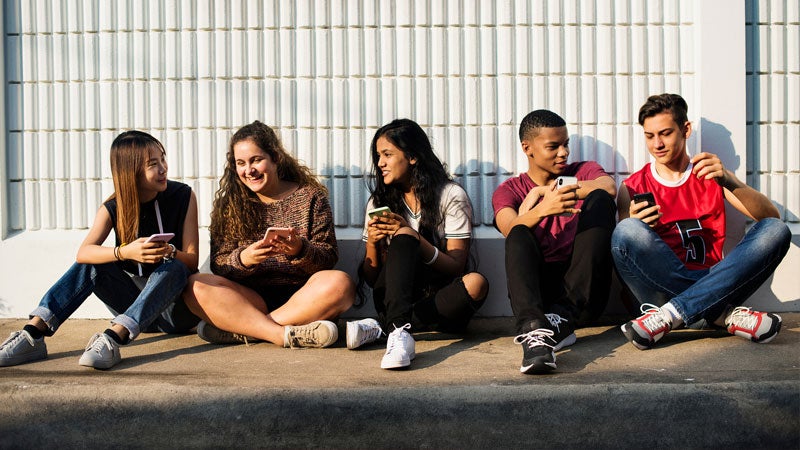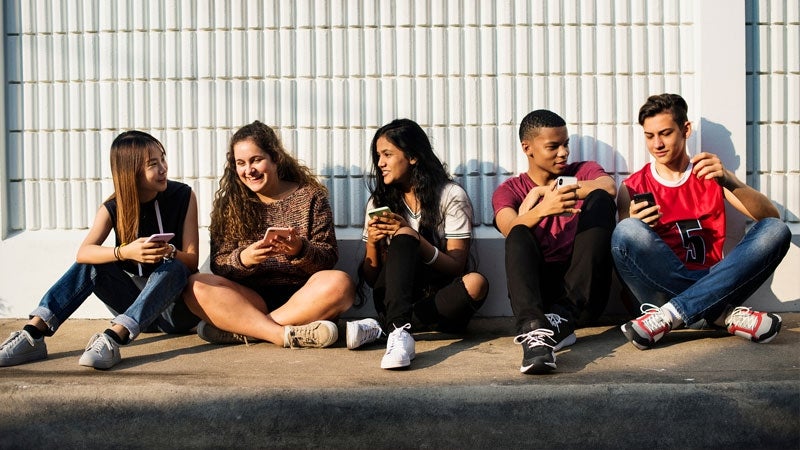Socializing Online


Online social networking sites, chat rooms, virtual worlds, texting, and blogs are ways for kids to socialize with other kids online. Socializing online can help you keep in touch with friends and family, but it's important to know the safe way to navigate the internet.
Sharing too much information, posting pictures and videos or using harmful words can damage someone's reputation—and that someone can be you! What you write or the pictures you post can have consequences offline.
Sometimes, your profile can be seen by visitors or friends of friends, even when your privacy settings are on. Employers, college admissions officers, coaches, teachers and the police can view your posts. Once something's posted, you can't take it back. Even if you delete the information, you'll have little control over older versions that may exist on other people's computers.
Do you have friends on your buddy lists that you've never met? Even if they seem really nice and have sent you pictures, they may not be who they say they are. People will sometimes take on the identity of a juvenile to make you believe they can be trusted and are just like you.
When you send a picture of yourself to someone else, that picture can be forwarded to others who shouldn't have it. Did you know it is illegal for you, as a kid, to send nude pictures of yourself or someone else to another person?
Trust your suspicions. If you feel threatened or uncomfortable because of something that happened online or on your cellphone, tell your parents, a counselor or a teacher right away. It is okay to talk to them about this. They want to help you always be safe, and this means online as well.

